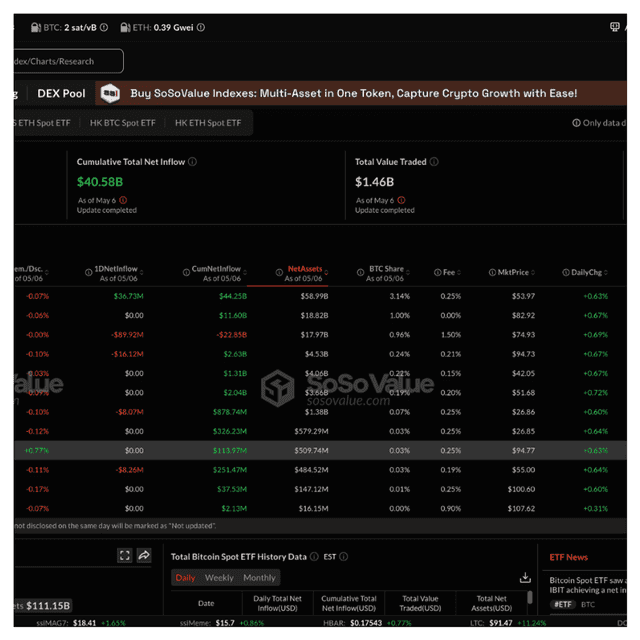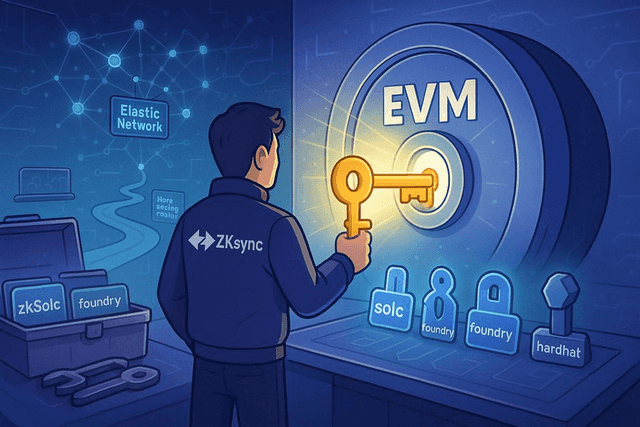2025-04-30 18:20
블록미디어

출처: Block Media
# SK Telecom’s USIM Hacking Incident Highlights Security Concerns, Zero-Knowledge Proof Emerges as a Solution
In April, South Korea's telecom leader SK Telecom (SKT) experienced a critical data breach involving its USIM (Universal Subscriber Identity Module) system. This incident has significantly raised public awareness about data security risks and set off alarms across various industries.
Hackers penetrated SKT's system using malicious code to extract crucial subscriber information, including International Mobile Subscriber Identity (IMSI), International Mobile Equipment Identity (IMEI), USIM authentication keys, and phone numbers. This breach not only divulged subscriber details but also paved the way for potential USIM Swapping crimes, where attackers use stolen USIM data to impersonate victims.
USIM Swapping allows hackers to exploit stolen USIM details to deceive telecom companies, intercept calls, and SMS intended for the victim. This can lead to further damages such as unauthorized bank transactions, cryptocurrency wallet breaches, email compromises, and unauthorized access to cloud services.
In response to the breach, several banks and businesses suspended SMS-based authentication for SKT networks. Moreover, employees were advised to replace their USIM cards. This event highlights the severe risks of storing sensitive authentication data on centralized servers.
# Zero-Knowledge Proof: Verifying Information Without Disclosing It
The attack has reignited concerns over why sensitive information is stored in plaintext on central servers and why victims have limited recourse post-breach. Centralized authentication systems are inherently prone to hacking and insider threats, leaving individuals powerless once their data is compromised. A promising solution gaining traction is Zero-Knowledge Proof (ZKP) technology.
Zero-Knowledge Proof is a cryptographic technique enabling entities to verify data without revealing it. Through interactions between a prover and a verifier, ZKP adheres to three principles: completeness, soundness, and zero-knowledge.
Historically, sensitive personal data has been managed on centralized servers, such as those run by telecom giants like SKT. For instance, during bank transactions requiring phone authentication, the bank relies on SKT to confirm the phone number’s authenticity linked to the account holder’s data. This setup requires storing critical customer information on central servers, creating vulnerabilities.
With Zero-Knowledge Proof, individuals can retain control over their data. Initially, an individual and SKT verify the alignment of the phone number with the identity, generating a unique ZKP key. SKT can then discard the personal data, as the ZKP key alone suffices for future verifications.
When a bank needs identity confirmation, the individual presents a ZKP QR code provided by SKT. The bank verifies it using an SKT-provided validator, confirming the individual's identity without accessing personal data. This method empowers individuals to manage their data, proving necessary facts without revealing additional information, thus safeguarding privacy and trust while minimizing risks like those in the SKT incident.
# Notable Applications of Zero-Knowledge Proof Projects
The blockchain ecosystem has accelerated ZKP technology adoption, offering practical solutions to various challenges.
Risc Zero is a general-purpose computing platform capable of verifying arbitrary computing results. Based on RISC-V architecture and ZK-STARK-powered ZKVM, Risc Zero verifies program execution results on blockchains, including complex machine learning outputs, without exposing original data, making it highly useful in data analytics.
Taiko is a base rollup project powered by Ethereum-compatible "Type 1 ZK-EVM." Developers can deploy existing Ethereum smart contracts without changes, maintaining Ethereum's security and compatibility. Taiko’s rollup system improves transaction speeds and reduces costs, employing pre-confirmation systems to enhance transactional consensus.
Humanity Protocol focuses on decentralized digital ID verification through "Proof of Humanity." Unlike Worldcoin, which uses iris scans, Humanity Protocol uses palm vein recognition. Biometric data is stored with the individual, and the proof process relies on ZKP, ensuring privacy and reliability.
Zircuit combines optimistic rollups with ZK-EVM to create hybrid ZKP rollups. Initially operating under an optimistic model, Zircuit plans to incorporate ZK proofs for all transactions over time, enhancing security. It also uses AI-driven security monitoring technology to detect hacking attempts while optimizing fees and speeds for Ethereum compatibility.
Succinct leverages ZKP to address blockchain interoperability. Its proprietary ZKVM, "SP1," generates zero-knowledge proofs of state changes across platforms like Ethereum and Cosmos, enabling trustless cross-chain messaging with cost efficiency and competitive speeds.
# Zero-Knowledge Proof: The Foundation of Data Sovereignty
The SKT hacking scandal highlights the vulnerabilities of centralized authentication systems. In contrast, Zero-Knowledge Proof-based systems minimize data exposure, uphold trust, and enhance security through decentralization.
ZKP is more than a technical advancement; it represents the foundation of a data sovereignty era, enabling individuals to control their information. With ZKP, users can securely complete necessary validations without entrusting sensitive data to third parties. This technology is set to transform trust dynamics in the emerging Web3 ecosystem.
Ultimately, information security issues arise from structural flaws, not merely technological failures. By eliminating centralized control over personal data, Zero-Knowledge Proof has the potential to create a safer and more efficient digital future. The concept of a world where individuals enjoy digital services without fear of data compromise is gradually becoming a tangible reality.
View original content to download multimedia: https://www.blockmedia.co.kr/archives/899385




